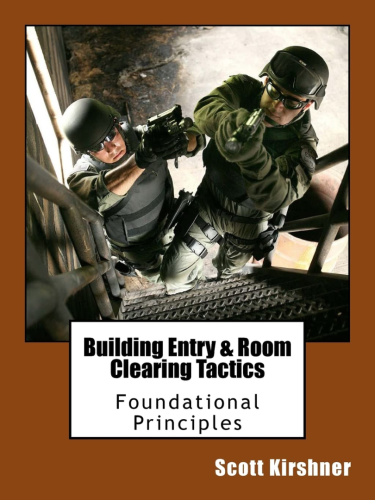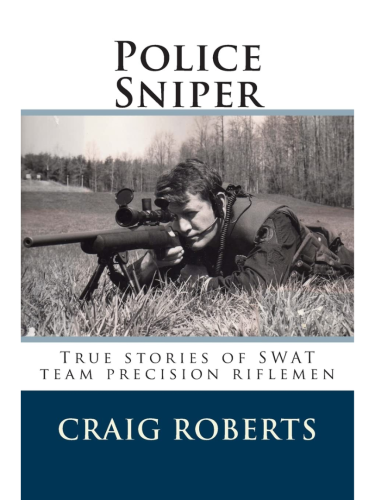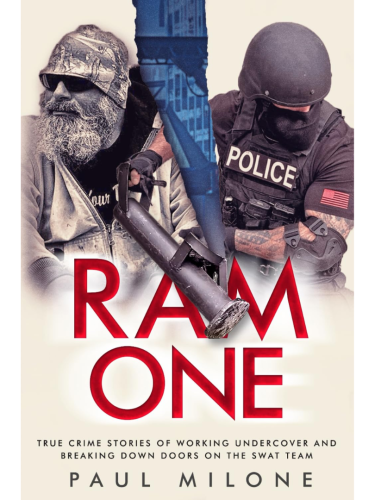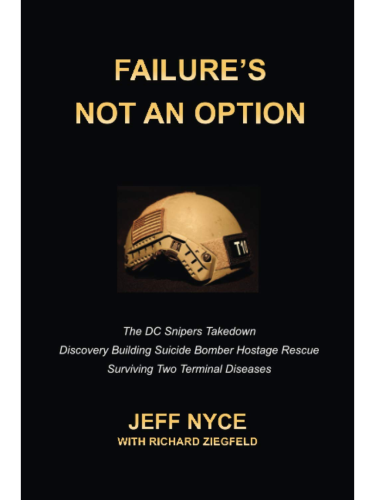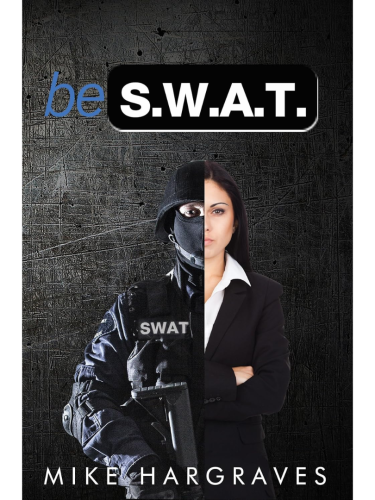Special Weapons and Tactics teams – also known as SWAT, and by other names and acronyms such as Hostage Rescue Team (HRT), Emergency Response Team (ERT), Emergency Services Unit (ESU), or my personal favorite from the Hill Street Blues TV show, Emergency Action Team (EAT) – is a many-fabled assignment. SWAT has been the topic of many TV shows and movies, and it looks exciting and even glamorous.
How does one get to be one of these urban commandos?
First, a caveat: I am not – nor have I ever been – the SWAT type. I’ve never been on or even tried out for a SWAT team. I write this based on my knowledge of tactical teams of various agencies from around the country.
1. Physical Fitness
If there is one characteristic qualification that is consistent across the board, it’s physical fitness. SWAT types are often called on to carry more gear than regular cops, over greater distances, and may have to exert themselves considerably more than the regular patrol officer does.
Climbing onto roofs and over high fences is a common task. You have to be able to do this without a lot of difficulty, and to do it instantly, maybe after waiting uncomfortably in a concealed location for an extended period. Both explosive and sustained effort can be required.
You need a combination of muscular strength, aerobic capacity and flexibility to be able to do this.
2. Weapons Proficiency
Tactical officers are generally very good marksmen – and not just with their sidearm. They should be highly proficient with their sidearm, with a shotgun and with whatever long guns the team uses. Marksmanship is a perishable skill. You need to practice to get good at it, and continue to practice often to stay good.
The cop who has a pistol or shotgun with all sorts of the latest sights, lights, grips and other accessories may look the coolest, but the guy or girl who is best with those weapons is probably the one who invested in practice ammunition, not gadgets.
3. A Team Player
The lead character of most cop movies is the rebellious maverick – often making up his own rules – but those people aren’t especially desired on a SWAT team.
In a tactical environment, there can be only one person in charge, and that person has to be confident that his orders will be carried out.
Many tactical operations rely on precision movements that have to happen when the team members expect them to happen. The person who goes off on his own plan isn’t going to be very happy – nor will everyone be happy with him – come debriefing time. To be a good candidate, you want to be someone with few citizen complaints and policy violation write-ups in your personnel file.
4. Supreme patience
Many tactical operations involve a lot of waiting around, and you’ll go home without having done anything but stand around more than you’ll do dynamic entries and dramatic takedowns. It’s almost always better for everyone if you can get the bad guy to give up. That usually takes time and a great deal of patience.
If you don’t have that kind of patience, you’ll spend a lot of time frustrated.
In Conclusion
Every department has its own organizational culture. It’s very difficult to be successful at anything within that agency without an understanding of that culture and the ability to work effectively within it. The policy manual, values and mission statement are the face of the organization, but the organizational culture determines the true profile and reputation of the agency.
Although it shouldn’t be this way, some agencies don’t have SWAT teams as much as SWAT clubs. The members of the team are something of a mutual admiration society, and they decide who gets in and who doesn’t, official qualifications notwithstanding.
If your outfit is one of these, you will have to ask yourself if you can be recognized and accepted by this group, or if that is something that will just never happen. If the latter situation applies, you should probably look for another goal within that agency, or maybe another place to work entirely.
Law enforcement agencies do change and evolve, but it takes generations for this to happen. By the time yours has morphed into something different, you’ll likely be ready to retire.



